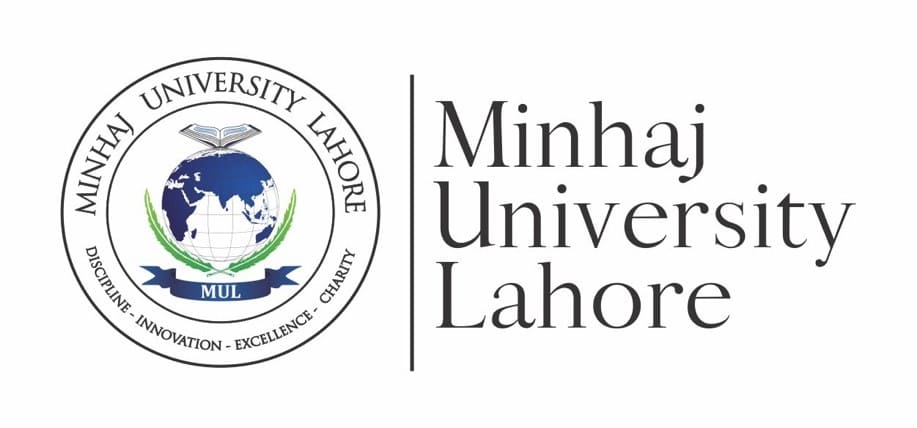The Bank Capital Channel of Monetary Policy: Evidence from Countries with mixed Banking Systems
Keywords:
Bank lending determinants, Basel regulation; CAR;, Nonlinearity; forward-looking bank behavior; MurabahaAbstract
Banks are a major instrument of monetary policy transmission. There is limited evidence on how growth in Islamic finance and banking has impacted monetary policy transmission with mixed banking systems. Moreover, the presence of the bank capital channel in Islamic banks has yet to be tested in literature. This paper is an empirical study carried out to test for the existence of bank capital monetary policy channel in mixed banking systems with Islamic and conventional commercial banks. It fills the gap by studying lending functions of both types of banks and their response to capital changes to uncover the existence of a capital channel of monetary policy transmission. Generalized method of moments (GMM) estimation is used on an unbalanced panel 12 years data of 25 countries from Asia, Middle East and Africa that have both Islamic and conventional banking to estimate a quadratic model. Empirical evidence shows that bank capital causes the nonlinearity in the lending function. The analysis validates that the forward-looking behavior of banks results in the cutting down of the amount of lending that the bank is doing when the capital falls to a certain level close to the regulatory requirements. The paper finds evidence that Islamic bank lending follows the same functional form as conventional banks; however, they differ from traditional commercial banking counterparts considerably in the degree of nonlinearity. The study contributes to banking literature by empirically testing the shape of the lending function of Islamic and conventional banks to test transmission of monetary policy in the two systems.
Downloads
Published
How to Cite
Issue
Section
License
Copyright (c) 2022 Khalil Ullah Mohammad

This work is licensed under a Creative Commons Attribution-NonCommercial 4.0 International License.









